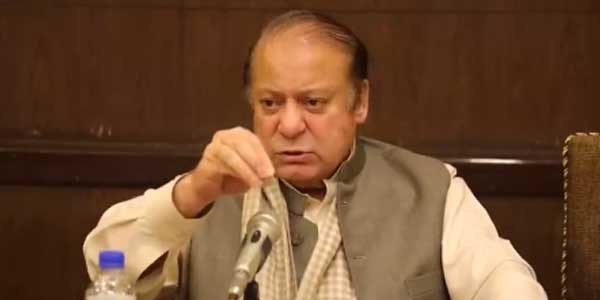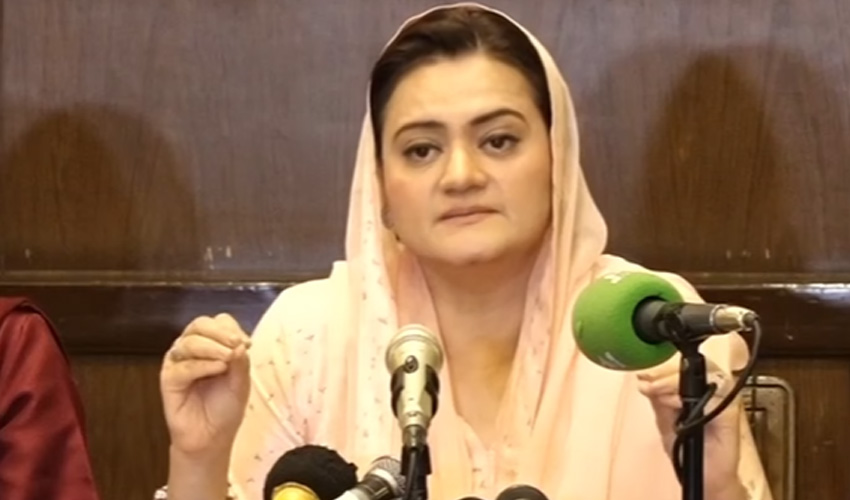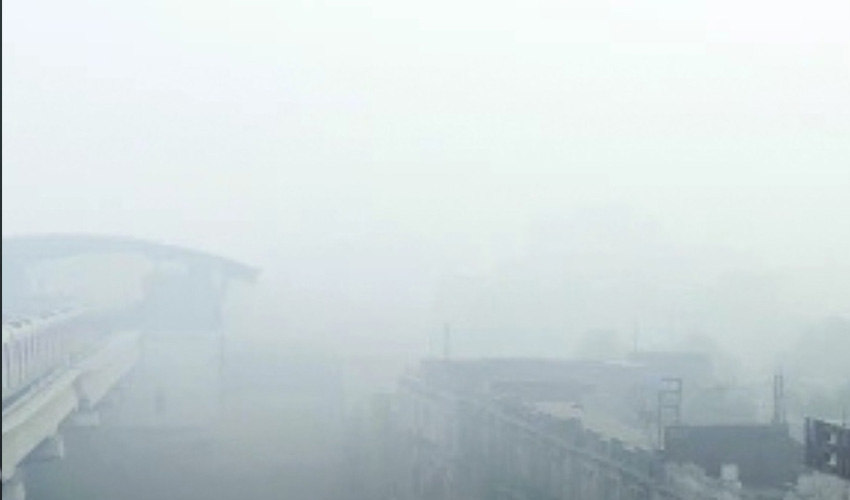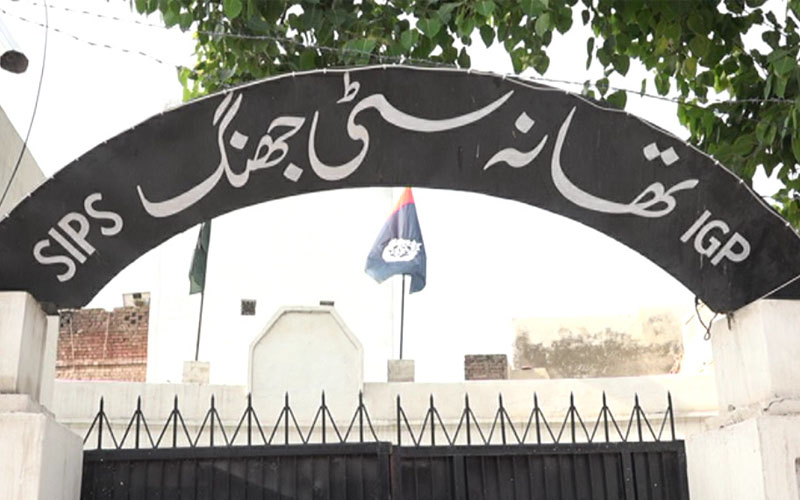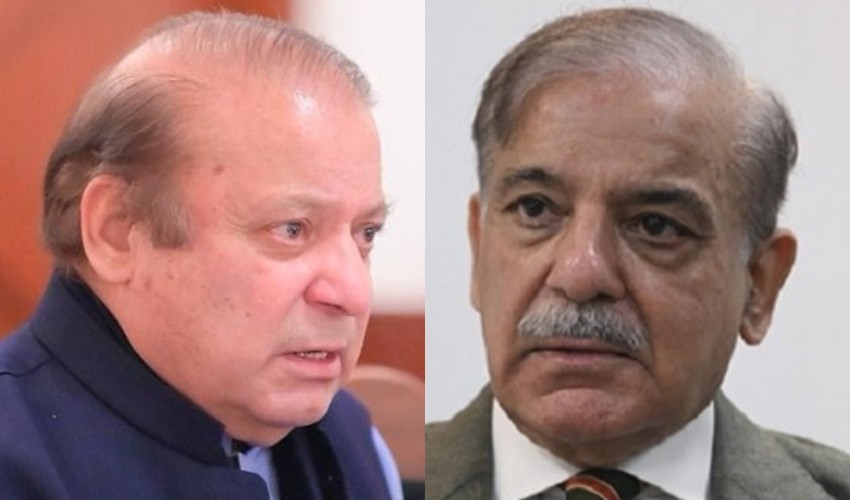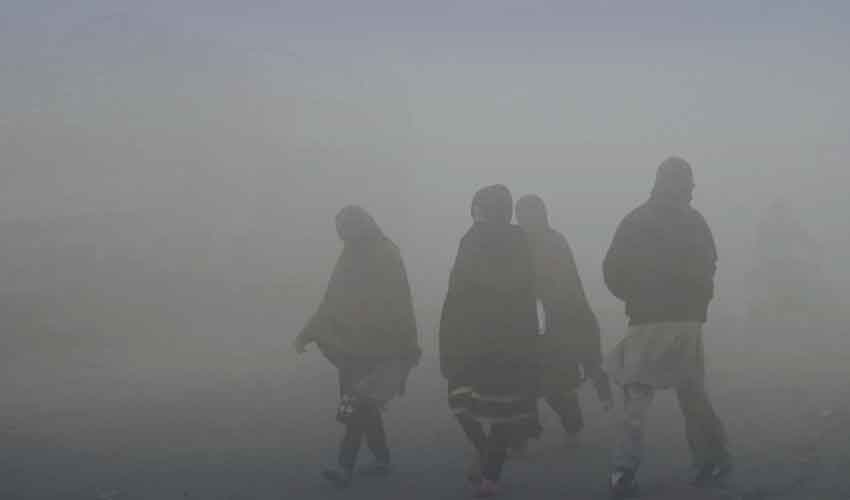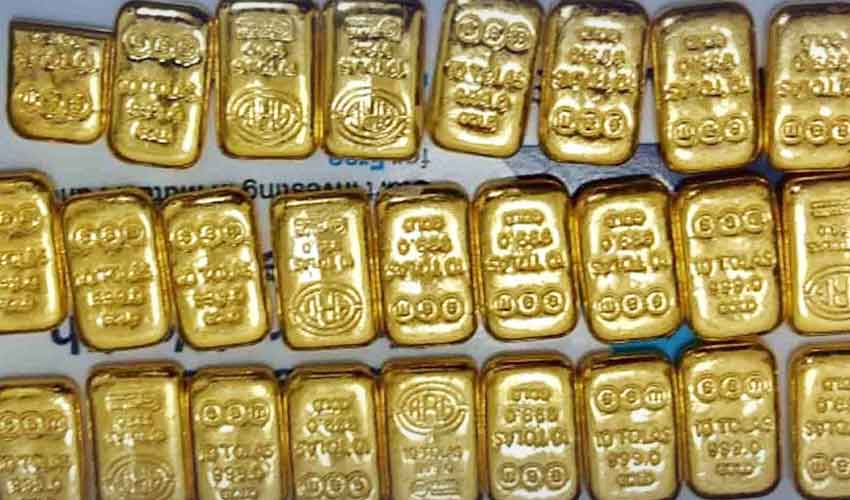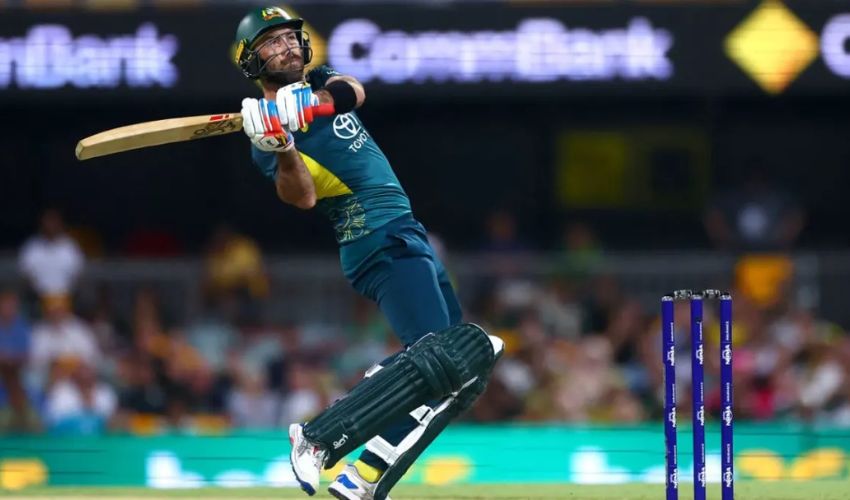The Islamabad High Court has acquitted PML-N supremo Nawaz Sharif of the charges in the Al-Azizia Steel Mills corruption reference of the National Accountability Bureau (NAB).
The accountability court had handed down Nawaz seven-year imprisonment in the case back in December 2018. He was also fined Rs1.5 billion and $25 million in the reference.
The IHC also declared the accountability court's decision against Nawaz null and void. IHC Chief Justice Aamir Farooq and Justice Miangul Hasan Aurangzeb conducted the hearing.
The hearing
The NAB had filed an appeal to extend his sentence. Nawaz Sharif was present in the courtroom, while his lawyer Amjad Parvez presented arguments.
He said he just wanted to discuss the point of dependents. The court asked if the NAB proved anything related to Nawaz Sharif's dependents.
The lawyer said the prosecution's star witness, Wajid Zia had admitted that there was no evidence. The court asked if the bureau presented any evidence as to who were the dependents of the appellant.
Parvez said there were various court decisions regarding the definition of benami, adding that they had also raised objections before the trial court.
The court asked on what basis it was said that the burden of proof had been shifted to Nawaz Sharif.
The lawyer replied that the decision on Hussain Nawaz's miscellaneous applications in the Panama case was relied upon. Even if the petitions are accepted, it cannot be proved that Nawaz Sharif is the owner of the Al-Azizia mill.
The trial court has also relied on the same miscellaneous pleas, Parvez said, adding that the trial court did not make these miscellaneous pleas part of the record.
If the prosecution fails to prove the case, the statement of a co-accused cannot be relied upon, the lawyer argued, adding that Hussain Nawaz said in a TV interview that the property did not belong to his father.
Nawaz Sharif's speech in the National Assembly was also relied upon, he said further, adding that the court decisions had mentioned that the suspects in the cases were considered innocent. According to the decisions, the prosecution has to prove the charges, and the burden of proof is on the prosecution and not on the suspect.
The suspect cannot be forced to prove his innocence, Parvez told the court, adding that the same law has been applied in the assets cases as well.
Amjad Parvez said the prosecution had to prove the holding of public office. The prosecution had to prove that assets in excess of income, Amjad Parvez
There is no oral or documentary evidence against Nawaz Sharif, he further said, adding that the burden of proof of property being benami does not shift to the suspect. The prosecution had to state the value of the income and assets, Parvez told the court, adding that it had to prove that those who have assets in their names are dependents.
The lawyer also said that the prosecution had to prove that benami property was established. If there was no evidence, there was no case of assets beyond known sources of income.
NAB prosecutor's arguments
The Supreme Court had directed to file a reference, the NAB prosecutor said told the court, adding that after the July 28 verdict in the Panama case, the NAB conducted its investigation. While indicting the accused, the court mentioned the known sources of income of the accused.
Nawaz Sharif was indicted for corruption and corrupt practices, the prosecutor told the court, adding that the witnesses of the SECP, bank and FBR appeared in court.
Chief Justice Aamir Farooq said the main allegations in this case were related to Al-Azizia and Hill Metal mills. "First, state how much money was sent and how. When was the factory set up?” he asked.
This is a white collar crime case, and the evidence available in Pakistan was collected, the prosecutor said, adding that mutual legal assistance requests were drafted to obtain evidence from abroad.
The court said there must be some documents related to the value of the properties.
The CJ asked when Al-Azizia mills was set up and what Nawaz Sharif’s link was with it. The prosecutor told the court that the documents in the proof were their own.
The CJ told the lawyer, as he had said during the previous hearing, that there was an issue of bias from the judge. The prosecutor said, after the judge’s suspension, this decision should not be relied upon.
The NAB then requested remanding the reference back to the trial court.
The CJ said the court did not issue any order at the last hearing on the request of judge Arshad Malik. The NAB lawyer is right that the observations of the Supreme Court in the Arshad Malik case are strong, he added.
The court then rejected the NAB appeal to remand the case to the trial court.
The NAB lawyer said that Wajid Zia, head of the Panama Papers JIT, had analyzed that PML-N leader Nawaz Sharif was the real owner.
Zia had himself admitted that there was no evidence to prove the ownership, the CJ remarked.
“Our case is based on the analysis of Wajid Zia,” the prosecutor said. To this, the CJ remarked that this document did not prove anything, and there can be no punishments on assumptions.





